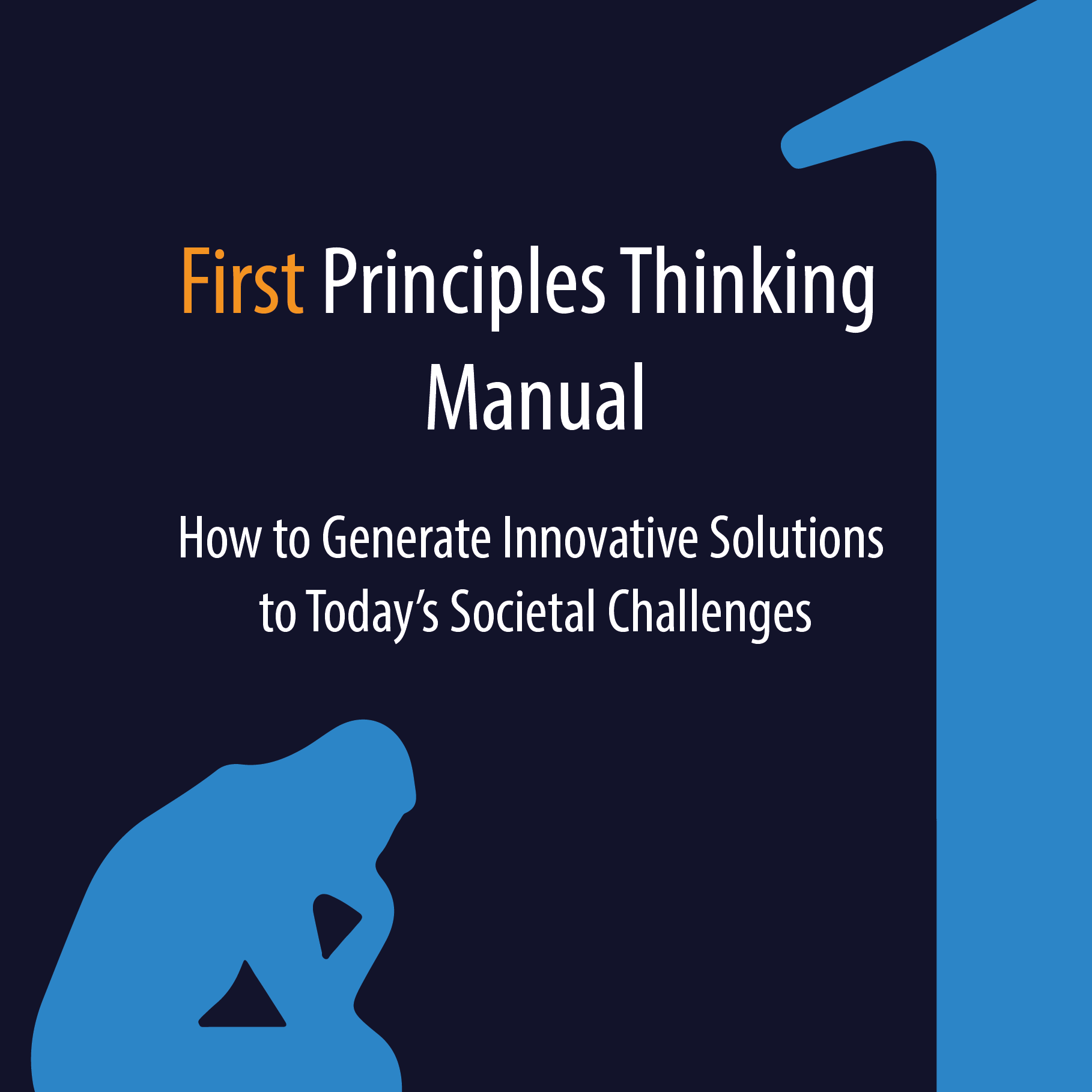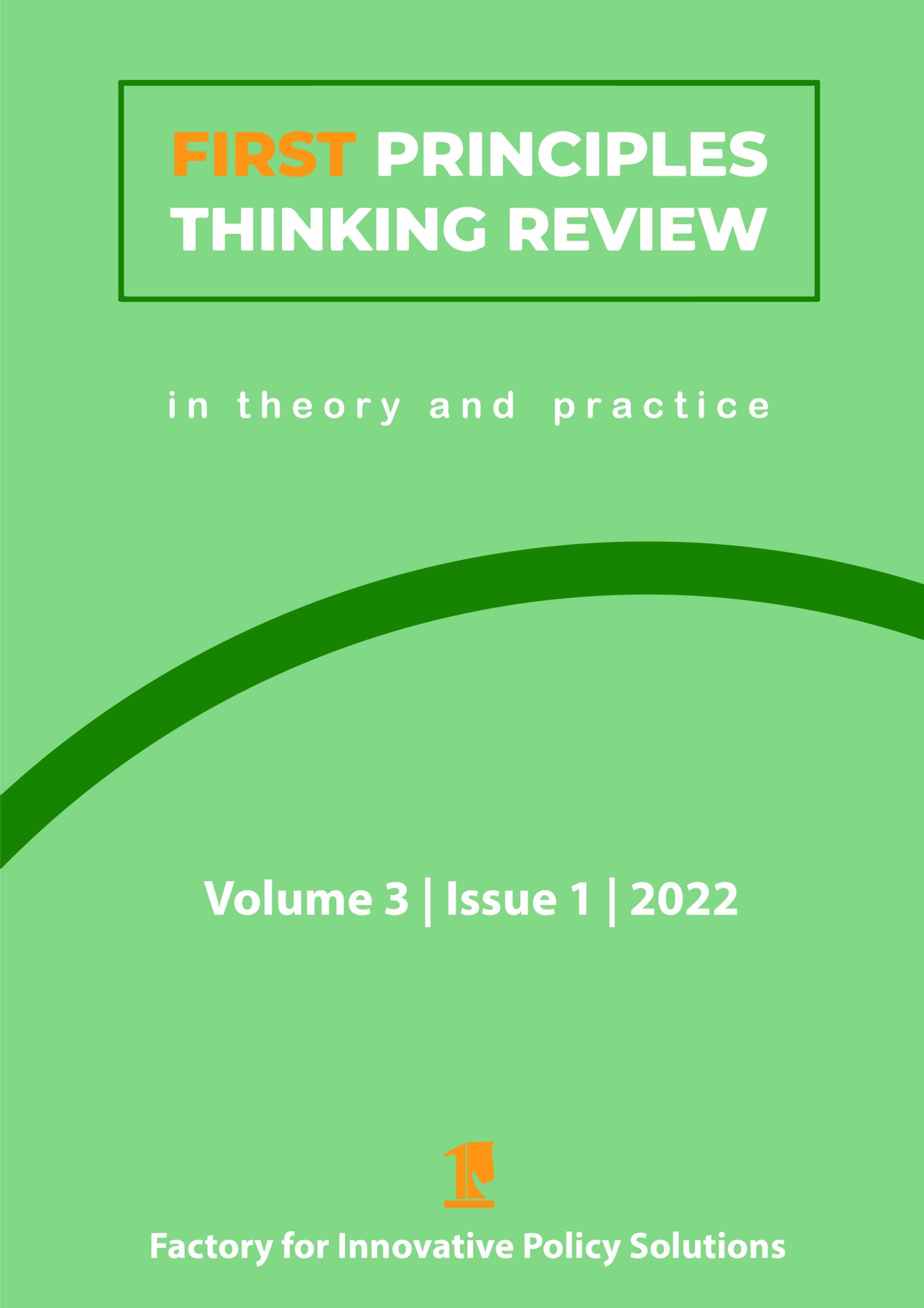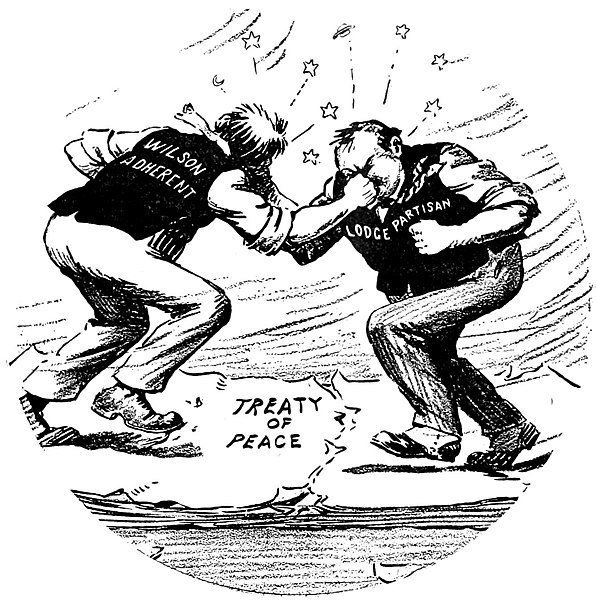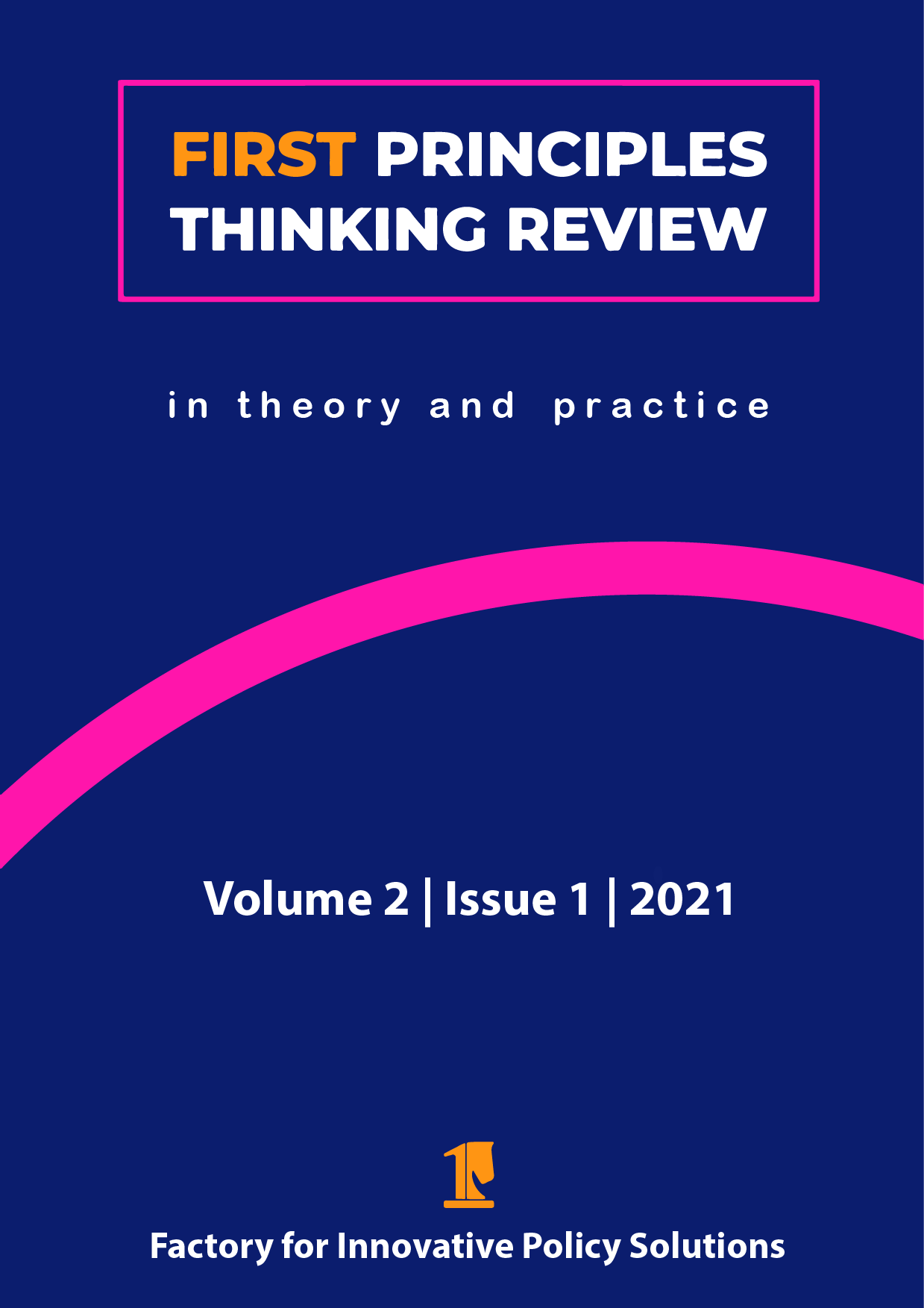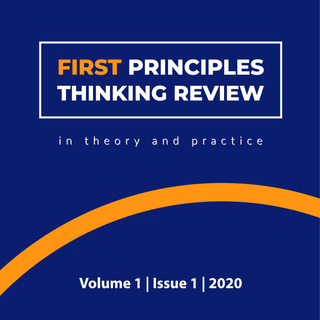How First Principles Thinking Is Revolutionising the Meat Industry
First Principles Thinking transforms obstacles into stepping stones on the path to new solutions. Many people have used this problem-solving method without being aware of it - you probably have done so as well. In this series you will learn about the power of First Principles Thinking by examining its application to real-world problems, even if the people involved didn’t know they were using this process. This article will take a look at a revolution within the meat industry.
The problem of meat consumption
Over the past seventy years, annual global meat consumption has increased six-fold, from 45 million tons per year in 1950 to 300 million tons today, and this number is expected to rise further. As a result, both environmental and animal welfare have suffered (Slow Food).
The solution of meat substitutes
One question first principles thinkers could ask themselves is why cultivate a whole chicken when only the breast and wings are eaten? Can this not be done more efficiently? As far back as 1931, Winston Churchill asked these exact questions in his book ‘Thoughts and Adventures’. Others have gone even further to ask what meat is actually made of. A quick query in your search engine will tell you that meat mainly contains proteins, and traces of iron and vitamin B12 (FAO). This a first principle . First principles are fundamental, proven facts that are accepted by the scientific community.
Now pretend that you are a first principles thinker. What follow-up question would you ask next? If you asked in what other sources we can find these components, you are on the right track of becoming an amazing problem-solver. It turns out that similar proteins are also found in various other sources such as plants, dairy, eggs, and fish but also in insects and fungi (Better Health Channel). Indeed, this is yet another first principle, which could very well have led to the creation of meat substitutes that are now widely available in supermarkets worldwide.
The solution of cultured meat
Others have taken Churchill’s question even further and managed to produce real meat without needing to breed, raise and slaughter animals. How? It began when the French Nobel Prize-winning physiologist Alexis Carrel, who spoke with Churchill about this, succeeded for the first time in 1936 to keep organs 'alive' outside the body for an indefinite period of time. At the time, however, the technology to cultivate and grow organs was nonexistent. It would not be until 2013 when Mosa Meat’s Chief Scientific Officer Mark Post unveiled the world’s first hamburger made through the growing of cow stem cells (Mosa Meat). The company is now lowering production costs and improving taste with the aim to enter the market by 2020 (Trouw).
With other companies also managing to artificially cultivate meat and with consumers in several countries (40-70%) indicating to be open to try cultured meat (De Morgen), the future of lab-grown meat looks very promising. On top of that, it should be noted that cultured meat can be produced in less than three weeks, whereas traditional beef production takes about three years from start to finish, according to Meatable , which a producer of cultured meat. The producer furthermore expects that this method will revolutionise the meat industry's impact on the environment and animal welfare while at the same time increasing food security for a growing world population (Meatable).
Try it yourself
And that’s the power of First Principles Thinking. Indeed, sometimes you need to ask multiple critical questions to identify the first principles necessary to discover innovative solutions. The fun thing is that anyone can do it. You don’t need to have professional work experience or be a creative genius to come up with creative solutions. Just have an open mind, ask critical questions and allow your intuition or search engine to do the rest.
Would you like to learn more about first principles thinking? Then have a look at our manual, online course and workshop possibilities. Or would you like to write an article for publication on the technique? Then read the guidelines
and send us your proposal. For questions and feedback, feel free to message Alexander Verkerk at alexander.verkerk@innovativepolicysolutions.org.
Updated on 11 July 2021: If you want to learn more about the health benefits of eating a vegetarian diet, be sure to check out Better Health's complete guide: Health Benefits of Eating a Vegetarian Diet - Better Health
References
- https://www.slowfood.com/much-meat-eat/
- http://www.fao.org/ag/againfo/themes/en/meat/backgr_composition.html
- https://www.betterhealth.vic.gov.au/health/healthyliving/vegetarian-and-vegan-eating
- https://www.mosameat.com/
- https://www.trouw.nl/groen/van-het-lab-naar-een-bord-is-een-lange-weg-voor-kweekvlees~ae6d9867/
- https://www.demorgen.be/wetenschap/morgen-op-het-menu-kweekvlees-bcb07ce3/?referer=https://nl.wikipedia.org/
- https://www.meatable.com/journey-english/
- https://www.meatable.com/
- https://betterhealth.blog/health-benefits-of-eating-a-vegetarian-diet/
Apply first principles thinking yourself?
Would you like to apply first principles thinking yourself and have your problem-solving experience published in the First Principles Thinking Review? Then be sure to check out the submission guidelines and send us your rough idea or topic proposal. Our editorial team would be happy to work with you to turn that idea into an article.
Share this page
Disclaimer : The views, thoughts and opinions expressed in submissions published by FIPS reflect those of the authors and do not necessarily reflect the views held by FIPS, the FIPS team or the authors' employer.
Copyrights : You are more than welcome to share this article. If you want to use this material, for example when writing an article of your own, keep in mind that we use cc license BY-NC-SA. Learn more about the cc license here .
What's new?
